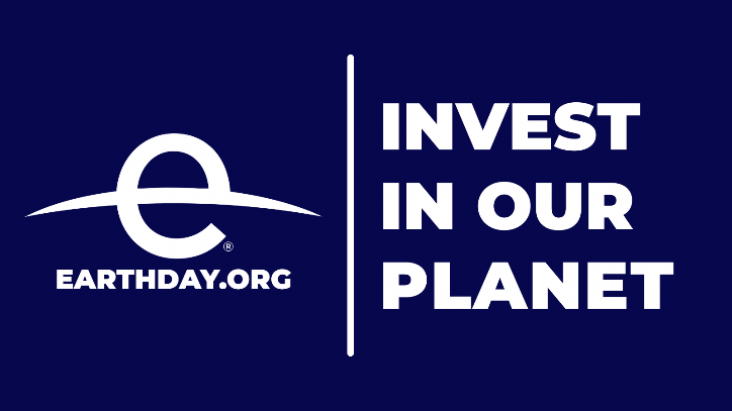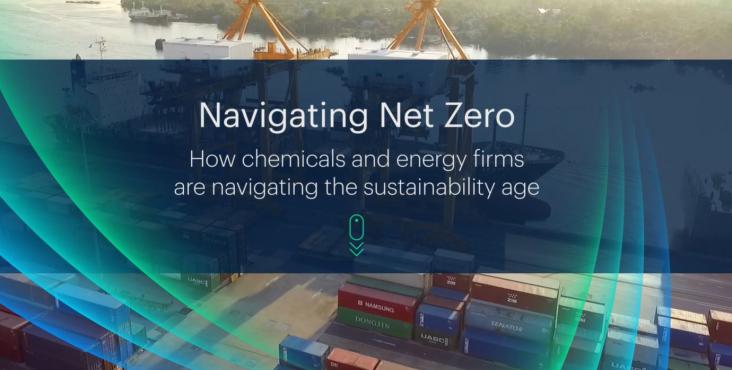This article supports SDGs 7 and 13 by achieving the efficient CO2 capture via connecting a packed bubble column (S-PBC) contactor in series, combined with machine learning and multi-objective optimization based on Enhanced Weathering (EW) technology.

Earth Day is celebrated annually on April 22nd every year to demonstrate support for environmental protection. The theme for Earth day 2023 is Invest In Our Planet. Elsevier is proud to highlight these freely accessible book chapters and journal articles in honour of this event.
Enormous amounts of agri-food waste are generated in the open market, especially in sub-Saharan African cities. This work reports the system optimisation of the management of these open-market food wastes for producing bioenergy and value-added materials and also evaluates the environmental impacts of the selected waste processing routes. It supports decision-making on the management of food waste in developing countries furthering SDG 7, 8 &13.
This Article supports SDG 3 and 7 by highlighting that that household use of solid fuels for cooking or heating was associated with lower life expectancy in the Chinese population.

Earth Day is celebrated every year on April 22nd, and it is a global event aimed at raising awareness and promoting action towards environmental protection. It was first celebrated in 1970, and since then, it has become one of the largest civic events in the world, with over one billion people participating in activities such as clean-up campaigns, tree-planting initiatives, and educational programs. The theme for 2023 is Invest in Our Planet, a campaign that will focus on engaging governments, institutions, businesses and individuals in the fight against the climate crisis.
This Article supports SDGs 7, 11, and 8 by presenting an alternative means of agricultural transport utilizing solar-powered farm rickshaws versus the traditional fossil fuel vehicles.
Reducing emissions and improving environmental conditions are now a global priority for promoting sustainable growth and preventing the adverse consequences of global warming and climate change.

This article, written by ICIS, a RELX business, explores how chemicals and energy sectors, both of which are largely fossil fuel dependent, are navigating sustainability and the movement towards net zero. This article relates to SDG 7, Affordable and Clean Energy.
This chapter advances UN SDG goals 7 and 13 by examining large-scale infrastructure and the associated safety hazards of emerging hydrogen technologies as a replacement for fossil fuels in the global energy and transport industries.
This chapter advances UN SDG goals 7 and 13 by critically evaluating the current status of waste-to-energy (WtE) processes to determine how best to move forward from a few successful WtE demonstrations to commercial-scale processes.
